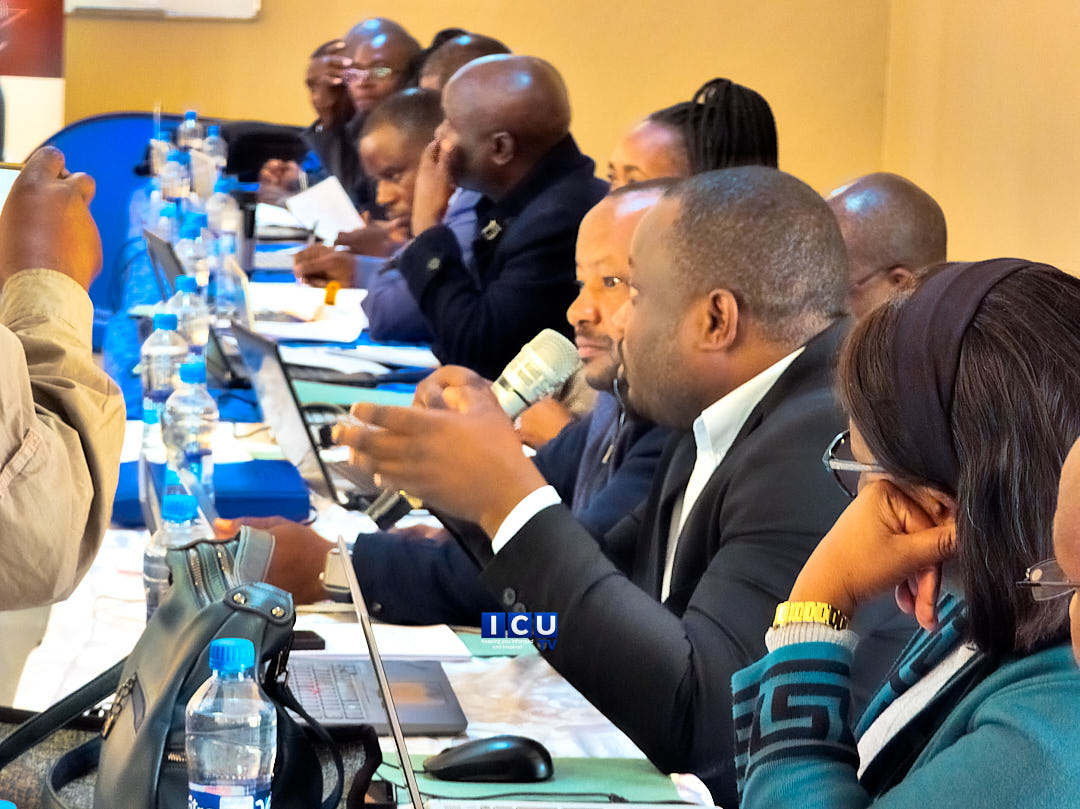Zambia Kicks Off National Ai In Education Policy Workshop

Zambia on 17th July, 2025 commenced the National Generative AI in Education Policy Drafting Workshop at Mulungushi University’s Great North Road Campus in Kabwe.
The two-day event, which runs from 17th to 18th July 2025, has brought together teams from universities and TEVET colleges across the country to draft a national policy guiding the ethical, inclusive, and effective use of Generative Artificial Intelligence (GenAI) in higher education.
The workshop follows resolutions from the High-Level Summit on AI in Education held on 12 May 2025, which called for urgent action to establish a shared framework addressing the growing use and risks of AI tools such as ChatGPT and DeepSeek in academic spaces.
Speaking during the opening session, Huawei’s Chief Technology and Solution Officer, Mr. Wan Changli, emphasized that Zambia’s success in AI development depends heavily on the strength of its digital infrastructure.
He noted that while much attention is placed on AI applications, the real power of AI lies in having the right connectivity and computing capacity in place.
Mr. Changli encouraged Zambian institutions, especially research-driven universities, to actively participate in shaping the country’s AI journey.
He also highlighted the importance of developing localized AI models that can understand indigenous languages such as Nyanja, arguing that this would contribute to national AI sovereignty and better serve local users.
According to Mr. Changli, embracing AI as a country requires both skilled talent and investment in infrastructure.
Meanwhile, the Vice-Chancellor of the Information and Communications University (ICU), Dr. Eng. Lukumba Phiri, described the opening day as highly productive.
He explained that discussions touched on key issues such as the ethical implementation of AI, the availability of infrastructure to support integration, and the importance of using AI to enhance rather than replace student learning.
Dr. Phiri stressed the need for clear policies to guide how students and lecturers responsibly use AI tools, warning that misuse could lead to academic dishonesty and reduced learning outcomes.
He added that while AI can boost efficiency in education, it becomes problematic when learners over-rely on it reinforcing the need to draw boundaries through policy.
Huawei’s Chief Strategy Officer for Sub-Saharan Africa, Dr. Bello Moussa, also emphasized the importance of Zambia moving beyond consumption to become a developer of AI technologies.
During his presentation, he outlined the full benefits of artificial intelligence, describing it as a powerful tool that can significantly enhance productivity, particularly in education.
Dr. Moussa underscored the importance of drafting a national policy to guide the generative use of AI, adding that local innovation, infrastructure, and talent development are essential if Zambia is to take full ownership of its digital future.
Participants from various institutions also shared experiences and concerns regarding GenAI, ranging from over-dependence on AI-generated content to data privacy and unequal access to digital tools, especially in rural institutions.
The workshop is being coordinated by the IIOE Zambia National Centre, under the guidance of UNESCO’s International Centre for Higher Education Innovation (UNESCO ICHEI). Each participating institution has sent a multidisciplinary, gender-balanced team to contribute to what is expected to become Zambia’s first unified AI policy for higher education.
With Day Two approaching, the focus now shifts to refining the draft policy setting the stage for Zambia to responsibly harness the benefits of artificial intelligence in its academic institutions.
